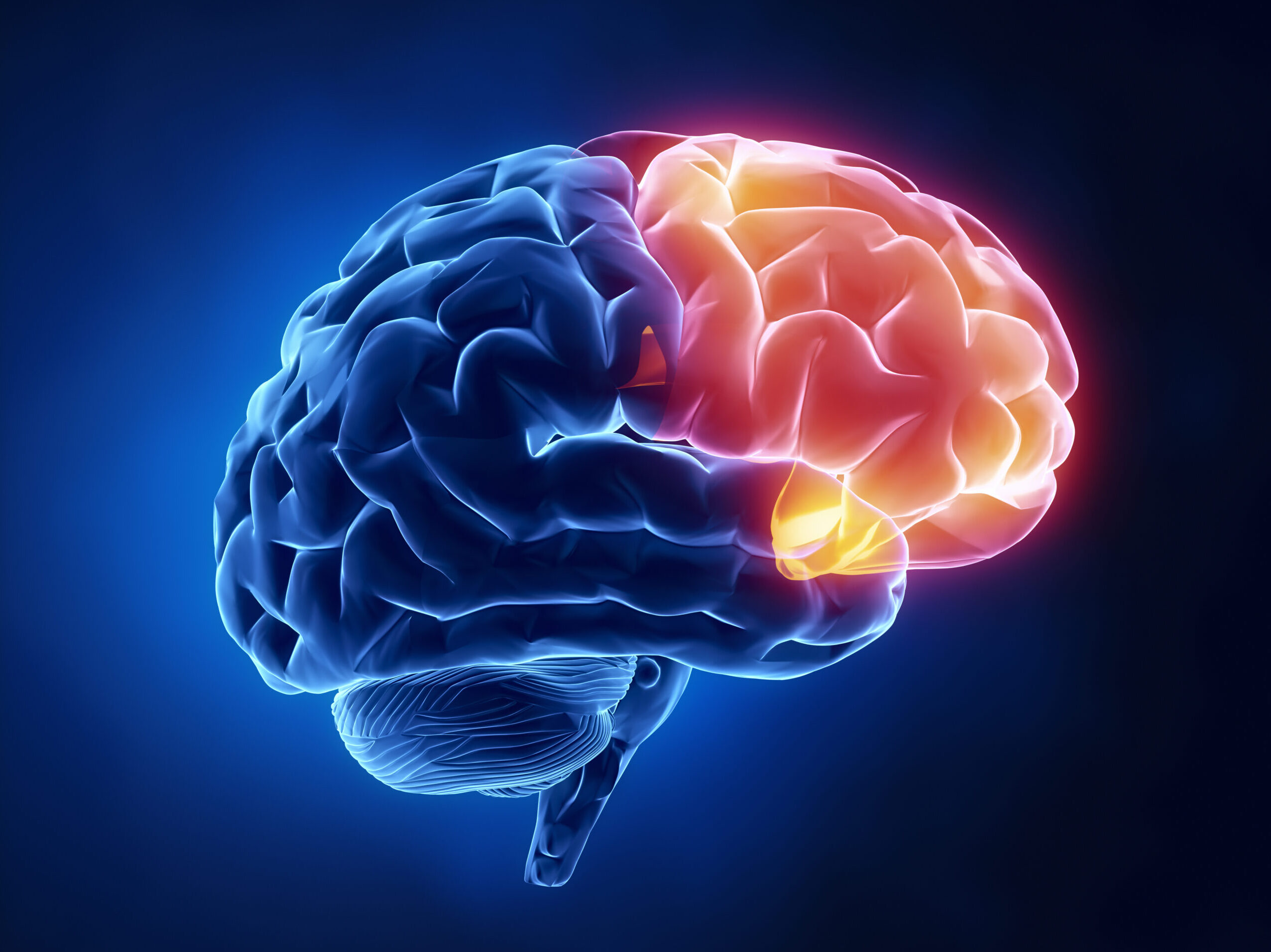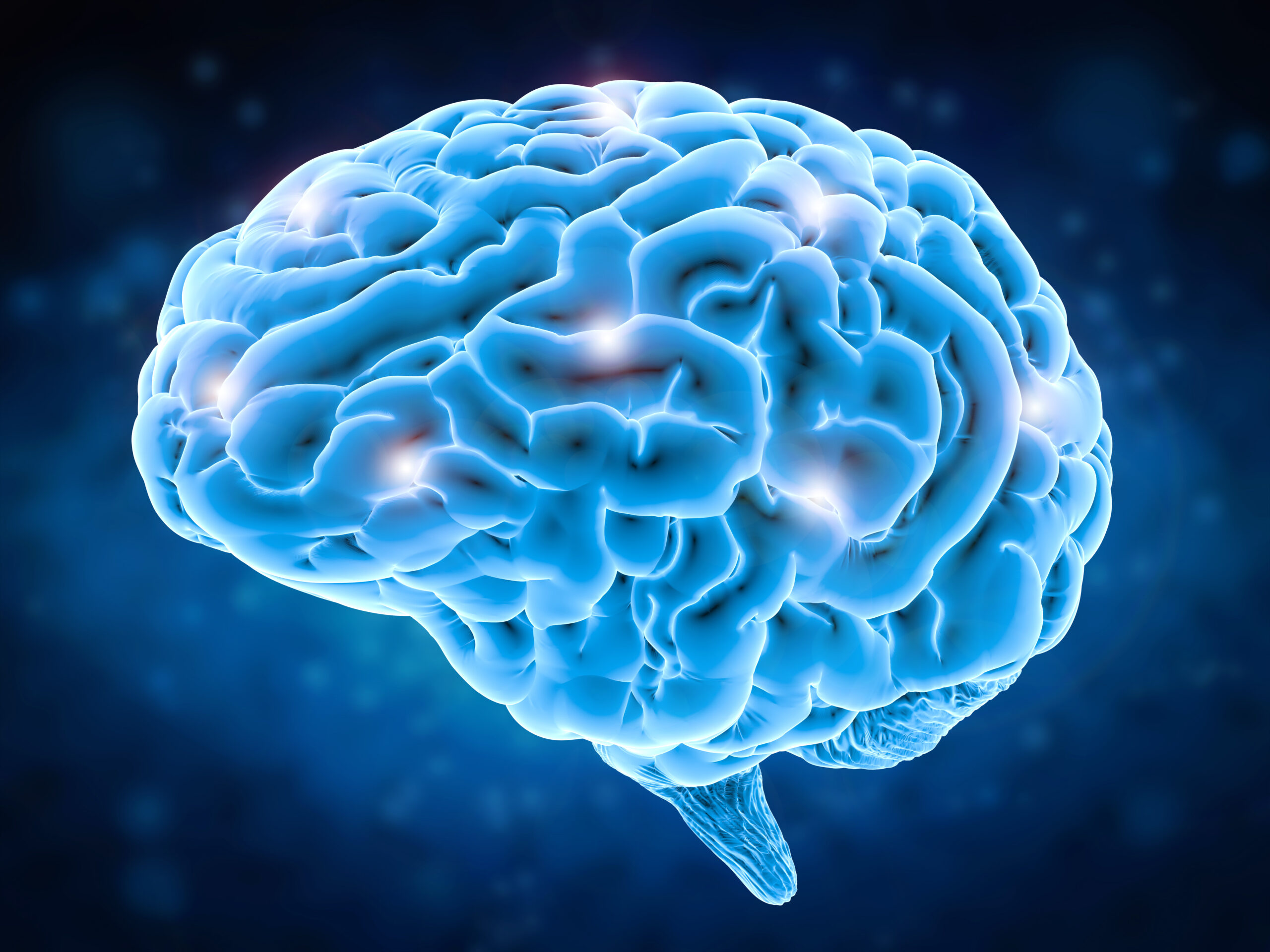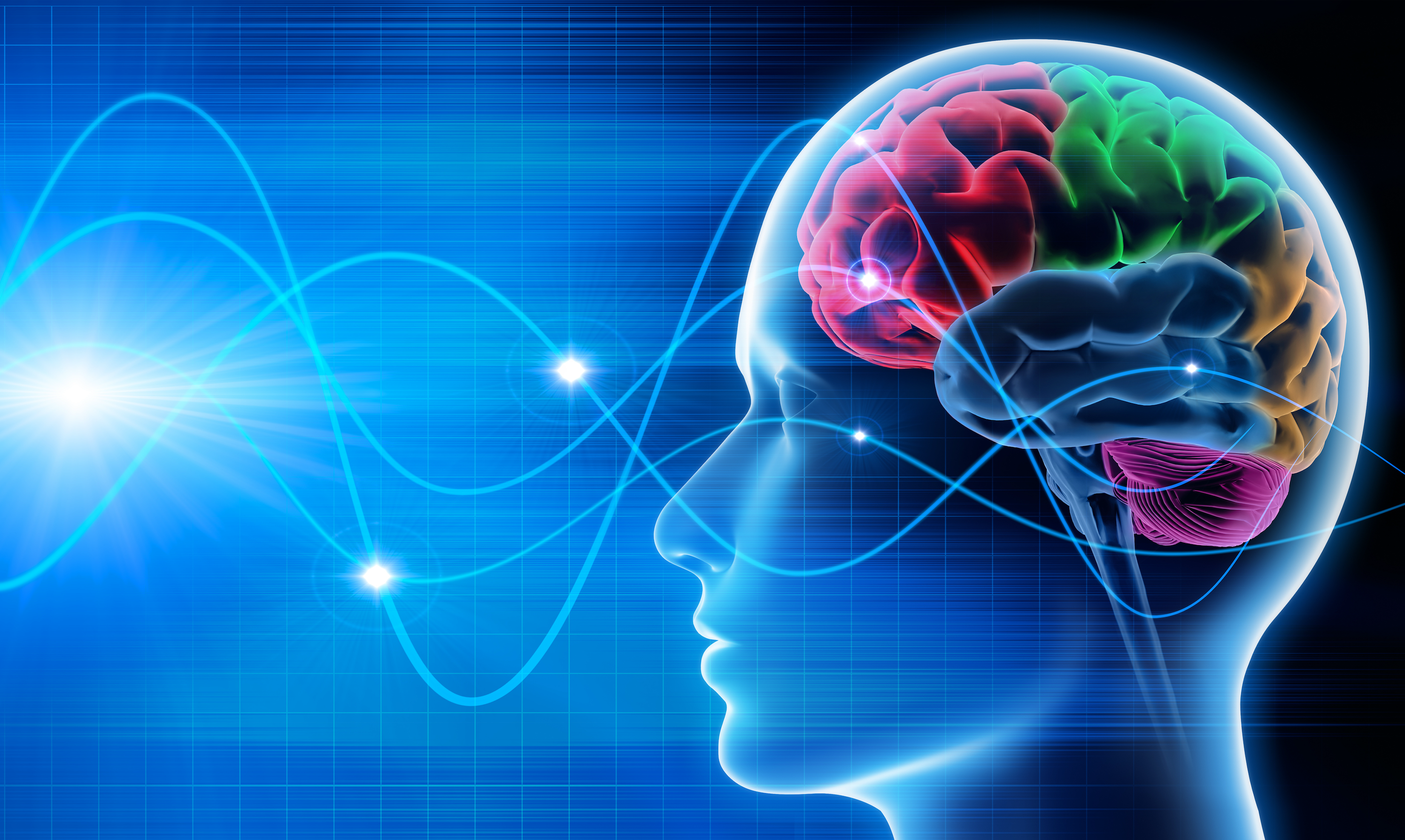
The goal of this study is to examine brain chemistry and activation involved in emotion regulation in mood disorder, and the impact of stress. We are developing and testing the feasibility of a functional MRS protocol to assess real-time changes in neurometabolites during an emotion regulation task. This study is funded by the Harvard Brain Science Institute.

The goal of this study is to examine stress mechanisms related to hot flashes in women. We aim to advance our understanding of stress exposures and neural regulation of reproductive aging health outcomes. This study is part of the Brigham/Harvard Center for Reproductive Outcomes of Stress and Aging, funded by the National Institutes of Health.

The goal of this study is to determine the relationship between oxidative stress and sleep physiology in midlife women with depression, as well as the relationship between depression severity and sleep physiology. Results of this study may help to develop and validate sleep-related precision medicine treatment approaches for depression in midlife women.

The goal of this study is to identify key clinical, neural, and biological factors that drive poor outcomes in bipolar disorder. This study will provide deep phenotyping of a diverse group of people with bipolar disorder over time to accurately capture the trajectory of disease and to clarify its underlying biology. This will allow for the development of a precision-based treatment approach, where treatment strategies can be optimized for each individual patient based upon their specific characteristics. This study is funded through the non-profit Breakthrough Discoveries for thriving with Bipolar Disorder (BD2).
The major goal of this study was to examine oxidative stress as a mechanism underlying differential illness trajectories in bipolar disorder in middle and older-aged adults. A pilot longitudinal study investigated changes in markers of oxidative stress over time and their relationship to cognitive and functional changes in bipolar disorder. This study was funded by the National Institute of Mental Health.
In this study, we used high-resolution 7 Tesla neuroimaging to examine brain features related to response to lithium treatment in bipolar disorder. We found differences in brain activation in prefrontal and limbic regions in response to a fearful faces task in people who responded to lithium compared to people who did not respond. We also identified localized relative atrophy in the CA1 region of the hippocampus in lithium non-responders as compared to responders. These results provide a foundation for future studies to identify brain features that can predict lithium response. This study was funded by the National Institute of Mental Health and the Johns Hopkins Catalyst.
Publications:
A pilot fMRI study of lithium response in bipolar disorder. Rootes-Murdy K, Glazer K, Mondimore FM, Goes FS, PGBD Study, Zandi PP, Bakker A, DePaulo JR Jr, Mahon PB. (2019) Psychiatry Res Neuroimaging, 286:1-3.
A 7 Tesla Amygdalar-Hippocampal Shape Analysis of Lithium Response in Bipolar Disorder. Athey TL, Ceritoglu C, Tward DJ, Kutten KS, DePaulo JR, Glazer K, Goes FS, Kelsoe JR, Mondimore F, Nievergelt CM, Rootes-Murdy K, Zandi PP, Ratnanather JT, Mahon PB. (2021) Front Psychiatry, 12:614010.
In this study, we examined sex differences in brain mechanisms related to bipolar disorder. We found correlations between circulating levels of female sex hormones and brain markers of oxidative stress. These preliminary results suggest potentially broad implications for women’s brain health. This study was funded by the Brigham & Women’s Hospital Program for Interdisciplinary Neuroscience, Women’s Brain Initiative Pilot.
Publications:
Sex hormones as correlates of oxidative stress in the adult brain. Busler, JN, Slate, SR, Liao, H, Lyndon, S, Taylor, J, Lin, AP, & Mahon, PB (2023). Psychiatry research. Neuroimaging, 334:111681.
We studied the relationship between brain function and stress in women. We identified correlation between prefrontal GABA levels and perceived stress. This study was funded by the Brigham & Women’s Hospital Connors Center, WHISPR Pilot.
Publications:
Perceived Stress, Cortical GABA, and Functional Connectivity Correlates: A Hypothesis-Generating Preliminary Study. Busler JN, Coello E, Liao H, Taylor J, Zhao W, Holsen LM, Lin AP and Mahon PB (2022) Front. Psychiatry 13:802449.